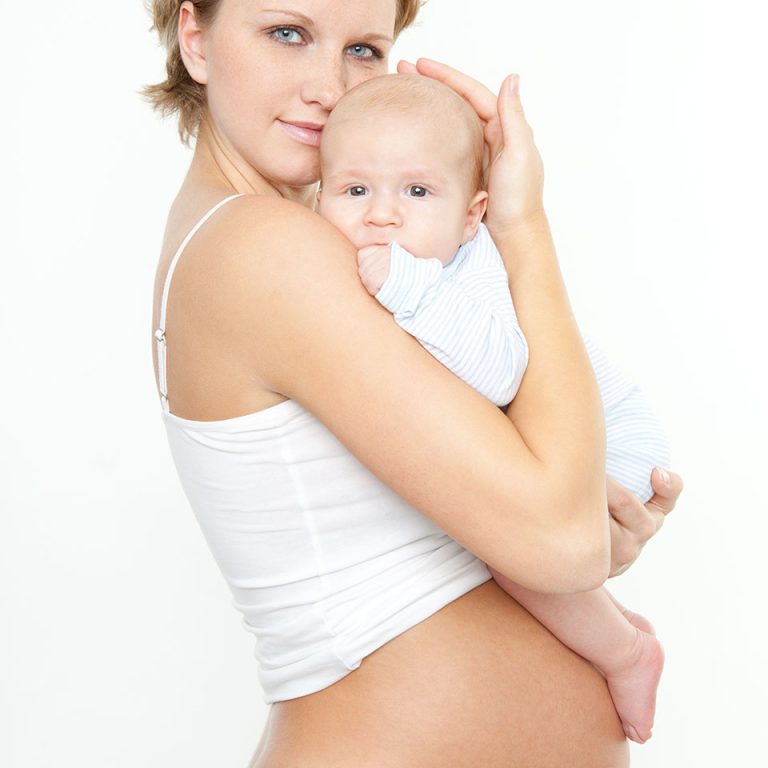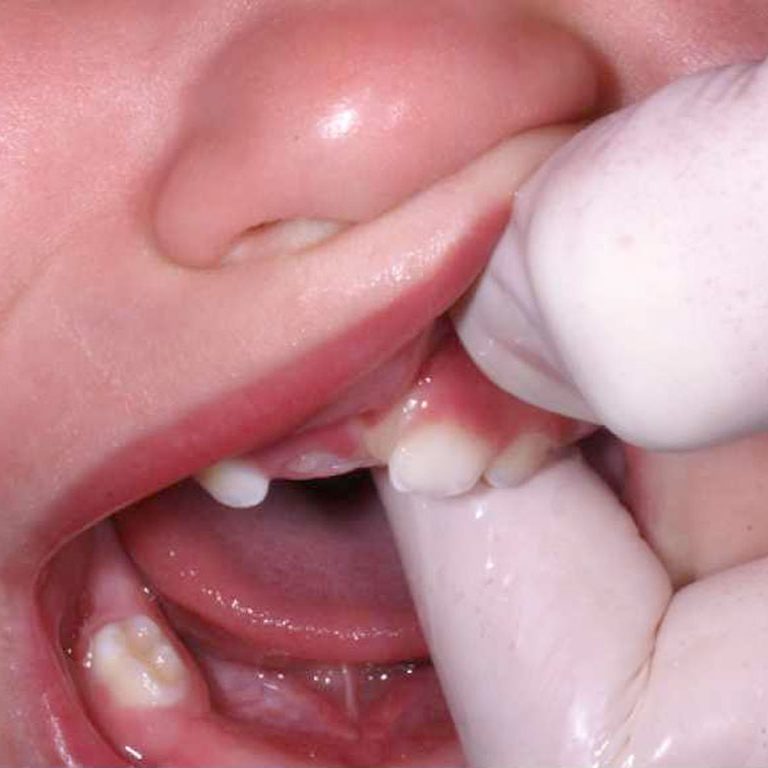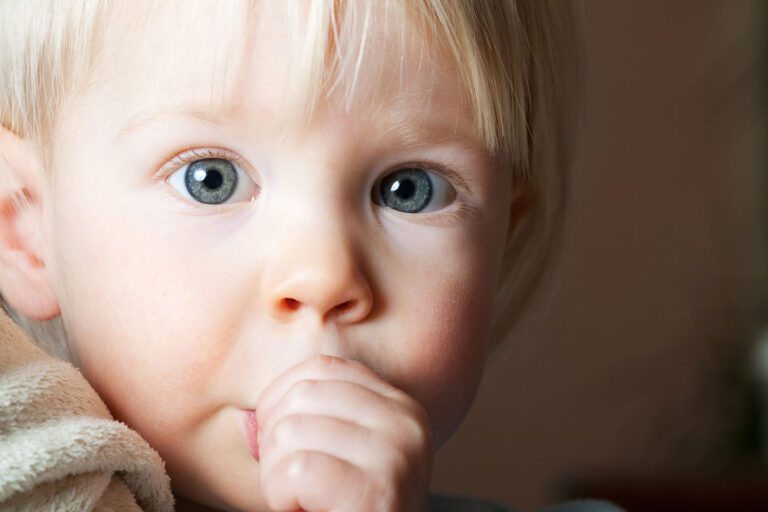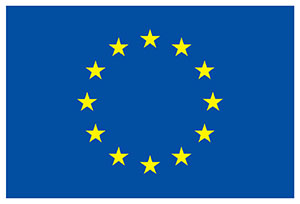Esdens Kids
Baby Dentistry
Pregnancy
Why is it so important for your baby's teeth?
During pregnancy, a woman’s hormone levels increase and gingivitis is a common problem.
When a serious periodontal problem occurs in the mother, it has been associated with low birth weight or premature babies.
Temporary teeth are developing during pregnancy. A balanced diet will help your baby’s teeth develop healthily, while poor nutrition will affect them.
The bacteria that cause tooth decay can be passed on to your baby, so it is important to reduce the amount of plaque in the oral cavity and have cavity-free teeth before your baby is born.
If you are pregnant, visit your dentist regularly and improve your oral hygiene. He or she will recommend the use of mouthwashes with chlorhexidine if necessary or products containing xylitol.

Baby hygiene
When your baby’s first teeth erupt, start cleaning them with a damp gauze or silicone thimble.
Avoid letting your baby fall asleep with a bottle in his or her mouth. This can cause cavities, especially if it contains milk, juice or any other sugary liquid. If your baby cannot fall asleep without it, it is best to put water in the bottle.
If you breastfeed your baby, try to reduce night feedings after the first tooth erupts and immediately clean the teeth with a gauze when he or she finishes sucking to prevent future problems.
Avoid sharing spoons, pacifiers, etc. with your baby, as this can cause bacteria to be transmitted from the parents’ or caregivers’ mouths to theirs.
When the first temporary tooth erupts, start brushing twice a day. Use brushes suitable for your baby’s age with a toothpaste containing 1000 ppm of Fluoride.
Painful eruption
When teeth begin to erupt, some children experience discomfort in their gums.
Gently massage the area with a clean finger or a damp gauze. You can also give your child a teething ring that you have previously placed in the refrigerator to keep cold.
If your child continues to have pain for a long time, consult your pediatric dentist.
If your child is older than 12 months and has not yet had any temporary teeth, consult your pediatric dentist.

Pacifiers and finger sucking

Prolonged use of pacifiers can cause alterations in the oral cavity, as can finger sucking, although it is often easier to eliminate pacifiers than finger sucking.
If the child continues to use a pacifier after the age of three, occlusal problems may occur, as well as causing deformation of the dental arches that may affect speech.
The problem will depend on the frequency, duration and intensity of the habit. If it is finger sucking, it will also depend on the finger that is sucked and the position of the finger in the child’s mouth.
If the habit is stopped in time, the function can be normalized without any treatment, but if the habit persists, you should consult your pediatric dentist to decide which will be the most appropriate treatment.

Financiado por la Unión Europea - NextGenerationEU
